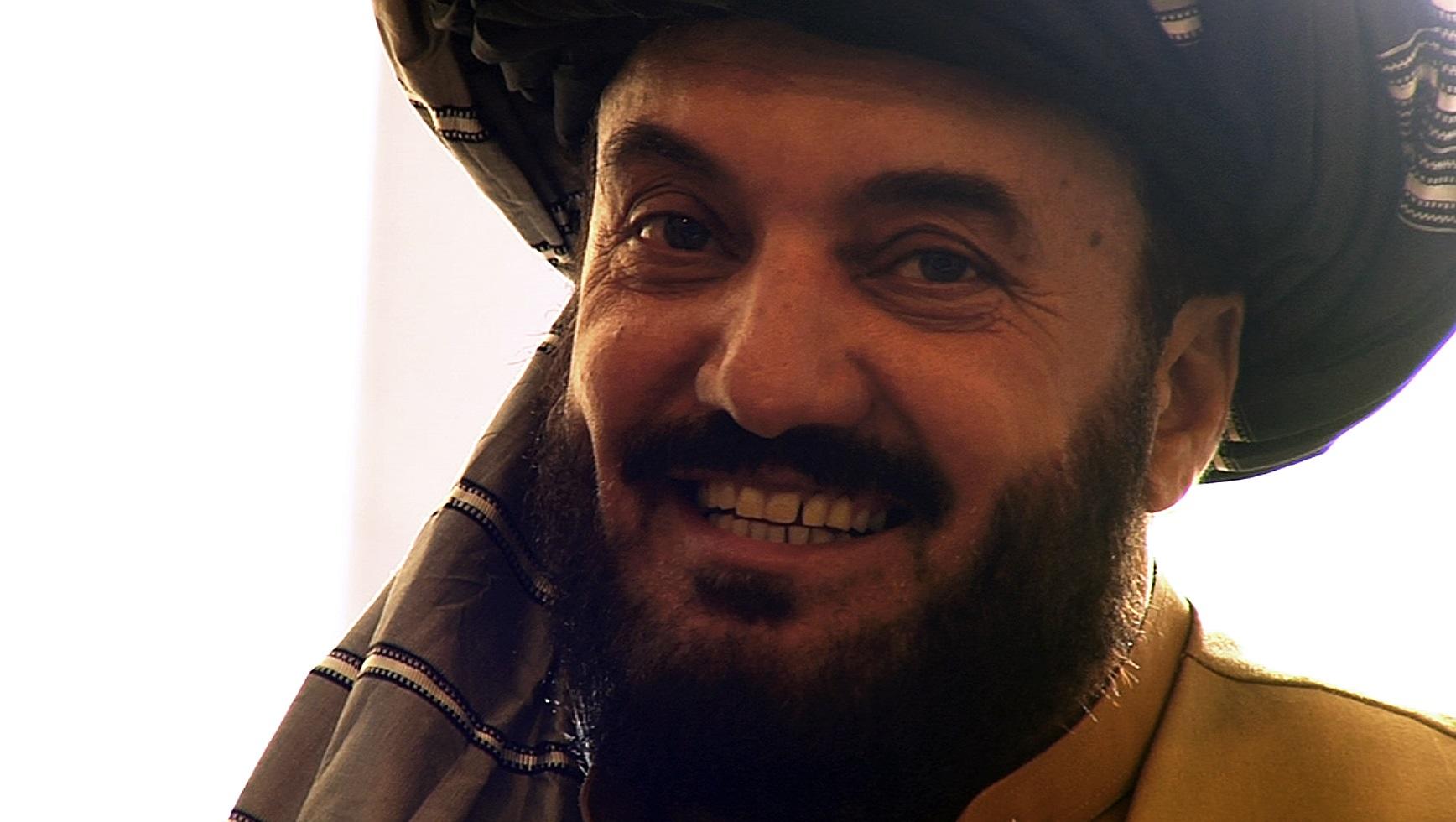Malik Jalal says he is very lucky to be alive. He claims to have been the target of at least four US drone attacks in Waziristan.
Malik Jalal doesn't sleep in the same house as his family any more. He sleeps in the open, at a distance from his wife and children.
A leader of his community in northern Waziristan, Jalal thinks he is on a US drone kill list — and could be slain at any moment.
But that's not his worst fear.
"He's terrified that in trying to kill him, the Americans are going to accidentally kill his family," says Jennifer Gibson of the British charity Reprieve, which represents Jalal.
In a piece that Jalal wrote for The Independent, he claims to have survived at least four drone attacks in northern Waziristan. Those attacks claimed the lives of some of his friends and relatives.
"I don’t want to end up a 'Bugsplat' — the ugly word that is used for what remains of a human being after being blown up by a Hellfire missile fired from a Predator drone," Jalal wrote.
This week, he is in the UK for the first time and he wants to bring attention to his case. With the help of Gibson, he managed to secure a visa and hop on a plane to London.
"He has sent a letter to the British government, he's sent it to the US Embassy and said, 'If you want to question me, please come question me,'" explains Gibson. "This is a man who is adamant that he shouldn't be on [the kill list] and that he's not engaged in violence."
Jalal thinks the reason he is being targeted is because of the role he plays in the North Waziristan Peace Committee. This is a body of local elders in northern Waziristan that mediates and resolves disputes between different groups.
“I am aware that the Americans and their allies think the Peace Committee is a front," writes Jalal in The Independent, "and that we are merely creating a safe space for the Pakistan Taliban. To this I say: You are wrong. You have never been to Waziristan, so how would you know?”
Gibson puts it a little differently. "Basically what Malik Jalal will tell you is, ‘My job as a tribal elder is to negotiate and resolve disputes and in order to do that you have to talk to people.'"
So far the US hasn't commented on Jalal's case. When asked about it, a State Department official referred to President Barack Obama's comments last week regarding the protection of American people. "His core point was that we face real terrorist threats and will continue to take action to address them in a way that is consistent with and guided by the law and our values," the official wrote in an email.
But Gibson thinks that the US should respond to Jalal's requests to discuss his case.
"If we, as the US, want to assassinate him, the onus should be on us to show some sort of evidence that we have a right to," she says.
Every day, reporters and producers at The World are hard at work bringing you human-centered news from across the globe. But we can’t do it without you. We need your support to ensure we can continue this work for another year.
Make a gift today, and you’ll help us unlock a matching gift of $67,000!
